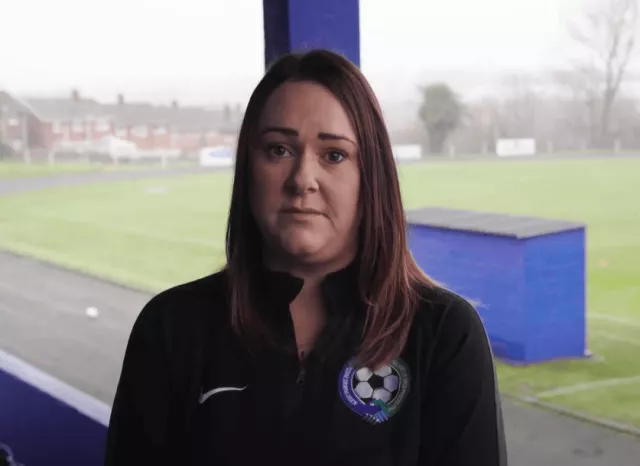
For Treasurers
Recurring revenue models, visualise budgets and customise reporting to optimise your clubs financial performance.
Explore moreGrow your club online, automate your fundraising and free-up your volunteers.
Try Connect for Free Request a demo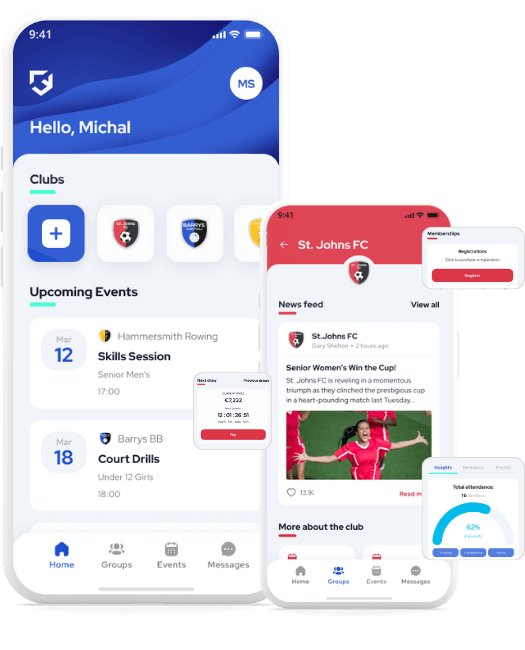

Run any club sports club event
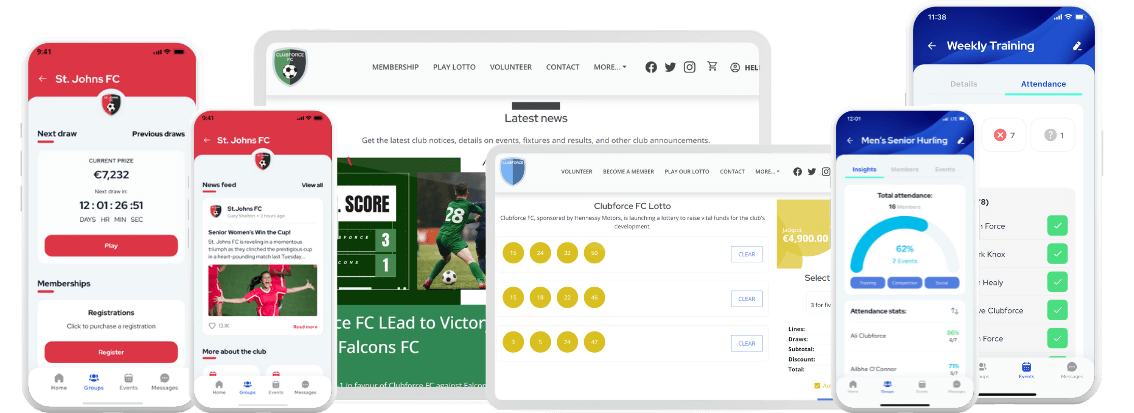
ALL-IN-ONE PLATFORM
Clubforce is an ecosystem providing an all-in-one management platform for your sports club featuring all the tools you need to manage members, fundraising, communications and your website.
Collect your payments and member details through our secure membership platform.
Easily generate a recurring, growing monthly fundraising income from their online club lotto.
Attract new members, volunteers, and sponsors with your club’s key information and news.
Centralise your communications and use the Clubforce Connect mobile app to keep track of your club events and member activity.
Managing events and gathering information about event details is
simple with Clubforce events and ticketing tools.
Explore trends in membership growth, review existing member statistics and examine the financial position of your club.
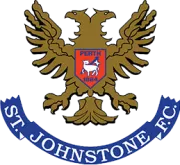
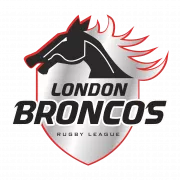
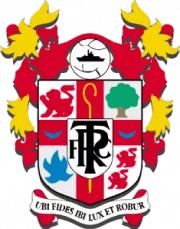
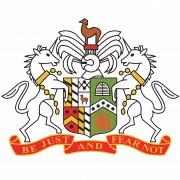

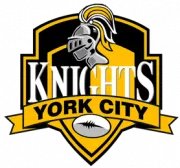
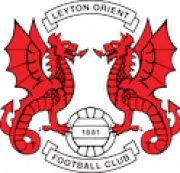

Clubforce’s platform handles the secure storage of your data and payments on your behalf. We are certified to international standards for data security (ISO27001) ensuring that you can fulfil your club responsibilities from a GDPR and data security standpoint.
Manage your league or competition with Clubforce. Generate fixture lists and manage the administration of results, league tables and officials.
For Leagues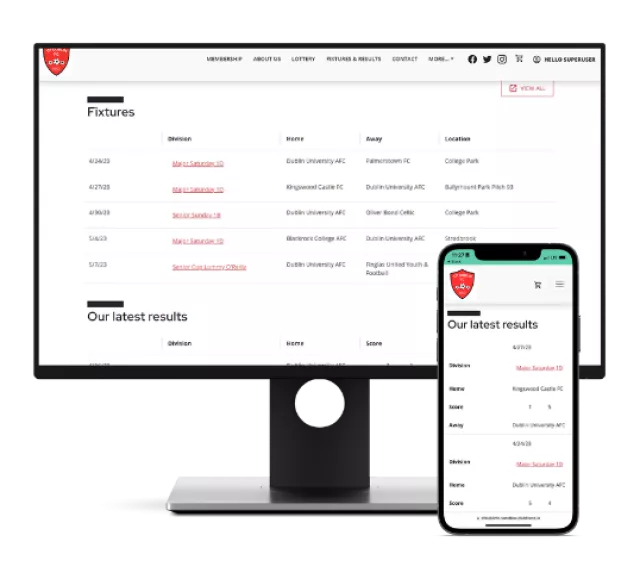
Create a connected system across your sport to ease the burden on volunteers and help you generate actionable insights to develop and grow your sport.
For NGBs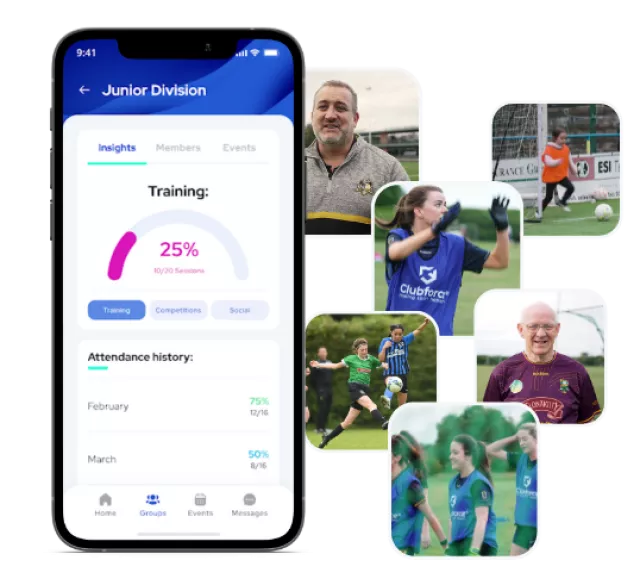
Your Customer Success Manager works with you to grow your club using proven strategies
69%
of fundraising tickets are set to autorenew on the Clubforce platform.
2009
Clubforce was founded providing 15+ years experience in sports management
803k
members across clubs globally
See how we work with partners to build better products and keep our customers informed.





Request a demo
Start a Free Trial
Partners